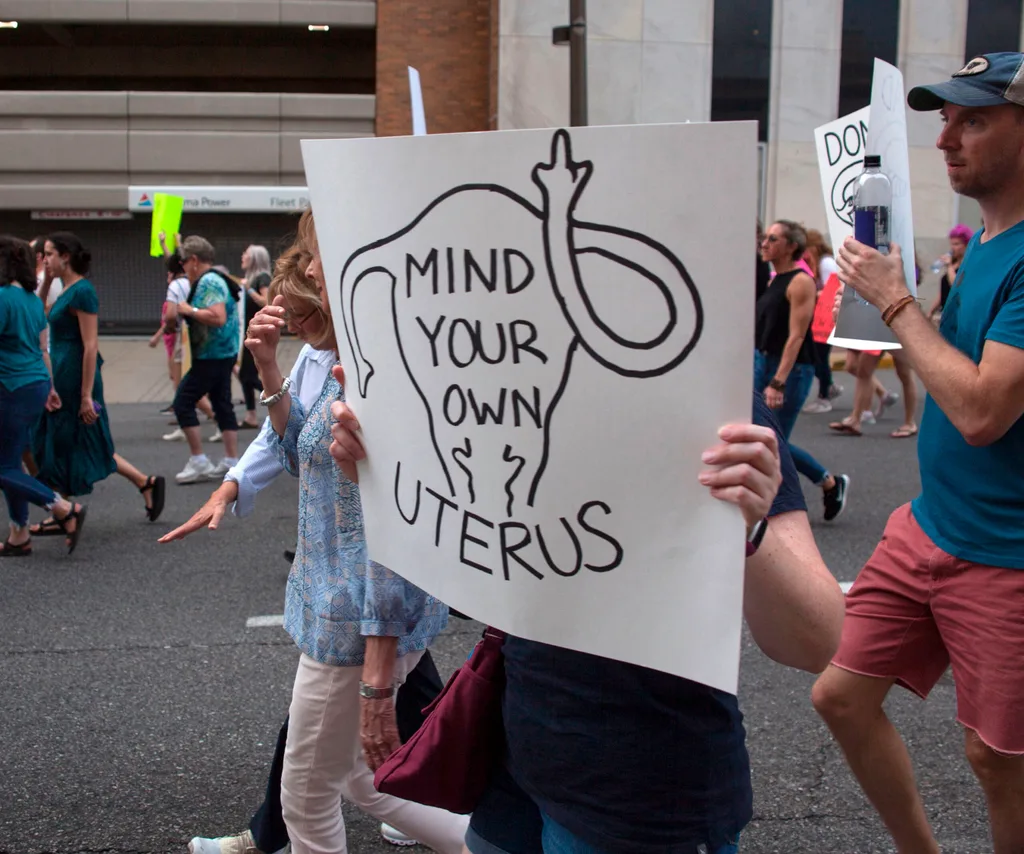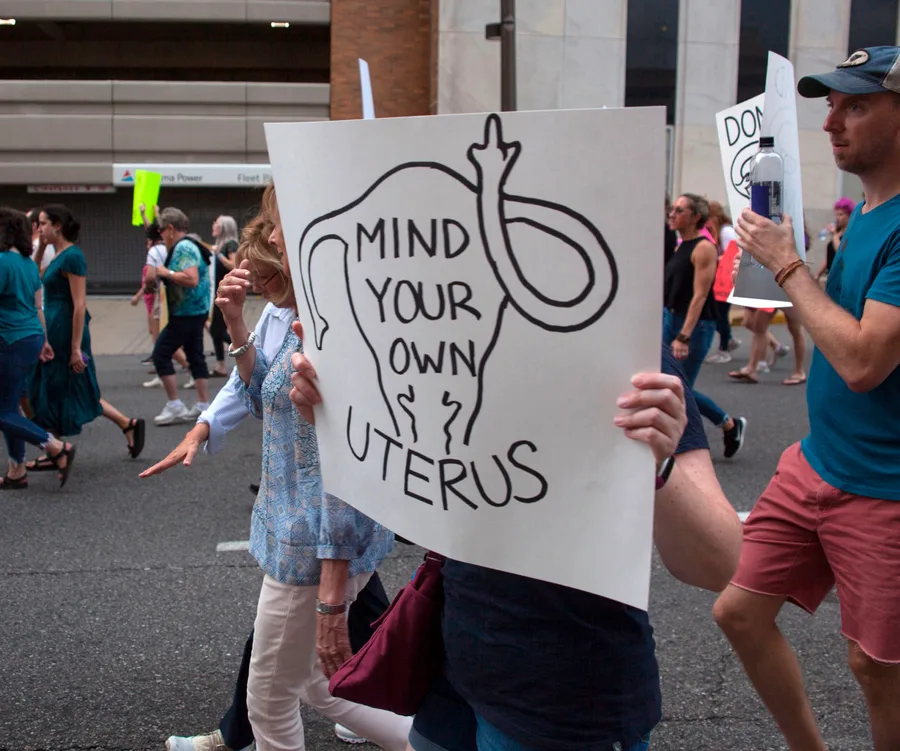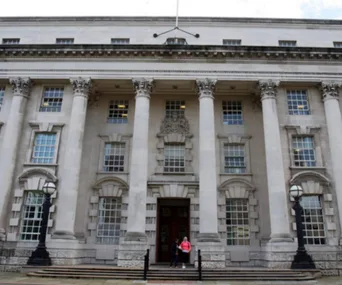Despite the fact that it’s 2019, until recently, a bunch of old white male politicians (and a handful of women) were desperately trying to regulate what women choose to do with their bodies.
This year we watched on in horror as conservative American states, including Alabama, enforced an alarming abortion ban even in cases involving rape, incest or miscarriage, and for the past few weeks, Australia’s own abortion laws have been put under intense scrutiny.
Finally, on Thursday September 26, 2019, the NSW parliament officially decriminalised abortion in New South Wales, meaning abortion is now legal in every single state and territory in Australia.
Most Australians support abortion. According to a 2010 study published in the Medical Journal of Australia, 87 per cent of Australians believe abortion should be lawful in the first trimester and the majority believe doctors should not face professional sanctions for performing an abortion after 24 weeks.
But abortion in Australia is a health issue decided by the individual state and territory governments, not the federal government, so the rules differ around the country.
Even though abortion is legal, cost continues to be a barrier, as does easy and safe access.
The average cost of a medical abortion is $560 and $470 for a first trimester surgical abortion, according to a 2017 study published in the Australian and New Zealand Journal of Public Health.
So what was the policy in your state before the changes? Keep scrolling to find out.

Protesters campaign against Alabama’s controversial abortion ban. (Image: Getty)
New South Wales
Between 1900 and 2019 – yes, you read that year correctly – abortion was listed as a crime under NSW law.
So it’s taken 119 to reverse that decision, with the New South Wales state parliament finally agreeing to decriminalise abortion in September, after weeks of intense debate.
The controversial bill passed the upper house 26 votes to 14, and was later passed in the lower house.
Premier Gladys Berejiklian has faced significant pressure from conservative MPs over the bill, but finally managed to get it over the line.
Sydney MP Alex Greenwich is behind the successful bill that just passed.
This bill is based on legislation passed in Queensland last year, which created a new healthcare act that would regulate abortions. It allows for terminations up to 22 weeks, and after that with the approval of two doctors.
This is one of multiple attempts made at reversing the archaic policy. Over the past few years, some of NSW’s state politicians have been desperately trying to remove abortion from the NSW Crimes Act and overturn this law.
In August 2016, Greens MP Dr Mehreen Faruqi introduced a bill to NSW parliament designed to overturn the state’s current abortion laws, but in May 2017 the bill was defeated, 25 votes to 14.
Victoria
In 2008, the Abortion Law Reform Act was introduced in Victoria, allowing abortions to be requested up to 24 weeks gestation.
For abortions after 24 weeks, two doctors must agree that the procedure is necessary based on the woman’s current and future physical, psychological, and social circumstances.
Prior to this ruling, abortions were only deemed legal if they were necessary to prevent any danger to a woman’s life.
Queensland
In October 2018, Queensland’s parliament finally decriminalised abortion, meaning women can now legally have an abortion up to 22 weeks.
For terminations after 22 weeks, two doctors must approve the procedure.
WATCH BELOW: Queensland Deputy Premier Jackie Trad talks abortion laws. Story continues after video.
South Australia
South Australia has been ahead of the curve for a long time.
In 1969 the state legalised abortion up to 28 weeks, if two doctors agree that a woman’s physical or mental health is at risk.
Abortions must be performed in a hospital or a dedicated medical facility.
However, if a woman doesn’t meet the above “physical or mental risk” requirements and has an abortion, she can still be charged with a crime in SA.
Western Australia
Abortion is legal in Western Australia up to 20 weeks, with some conditions.
The law states the woman must undergo counselling by a medical practitioner, or must face serious personal, family or social consequences if the abortion is not performed, or her physical or mental health must be in severe danger.
After 20 weeks, the abortion is only legal if the fetus is likely to be born with severe defects, which has been confirmed by two doctors.
Northern Territory
Abortion is allowed in the NT up to 14 weeks with the approval of one doctor.
If the pregnancy advances to 23 weeks, the approval of two doctors is required.
Beyond that, the woman’s life must be in danger for the procedure to be performed.
Tasmania
Abortion is legal in Tasmania in the first 16 weeks of pregnancy.
After 16 weeks, it is still legal, but requires the approval of two doctors.
In January 2018, the state’s only dedicated abortion clinic was closed, meaning the vast majority of women seeking abortions would either have to go through the private health system or travel to the mainland to undergo the procedure.
Making things even more difficult, there are very few medical professionals in Tasmania who are able to provide abortion services.
ACT
Abortion is legal in the ACT, but it must be provided by a medical doctor in an approved medical facility.





